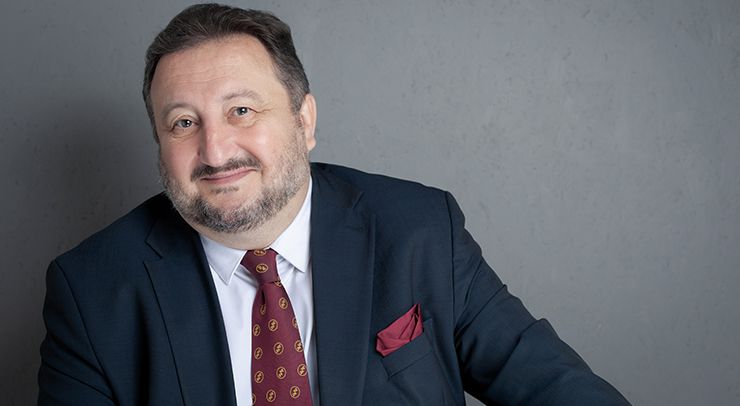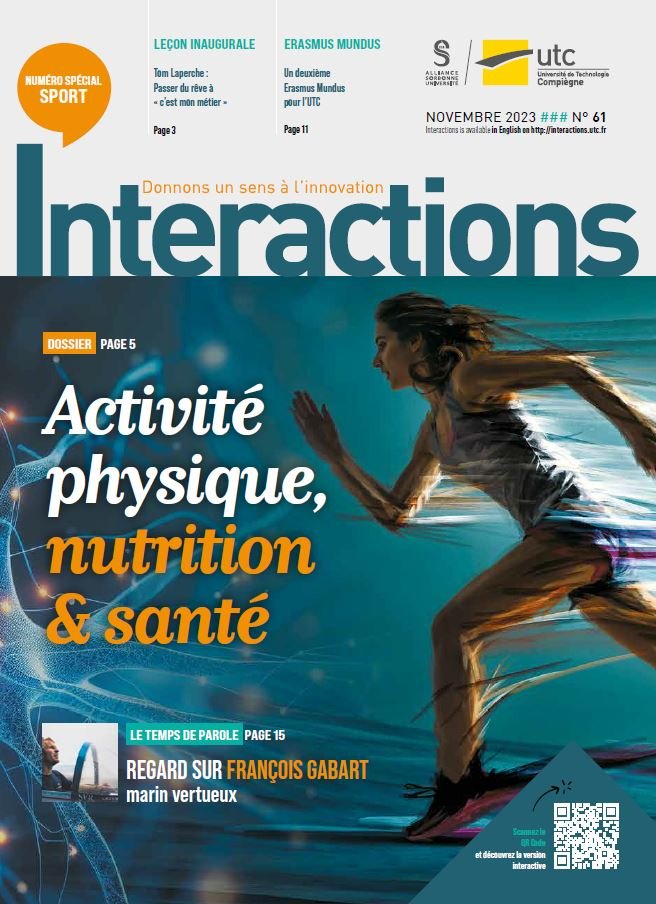
The NQCE specialised Master’s degree (post-master 2) accredited by the Conférence des grandes écoles (CGE), entitled “Managing through quality: from strategy to operations”, has been able to evolve by anticipating the constraints due to the health crisis. Focus on this course, which after 15 years in e‑learning, can be followed entirely on-line and while maintaining a full-time professional activity.
As early as 1972, UTC considered “quality” to be a major challenge, creating a course of study in Industrial Reliability and Quality. Opened in 1992, the NQCE specialised Master’s degree was accredited by the Conférence des grandes écoles [CGE] in 2002 and offered an on-line option as of 2005. In 2019, NicolasLouis Duclos, lecturer-cum-research scientist in charge of the MS-NQCE and his predecessor, emeritus professor Jean-Pierre Caliste, had the idea of strengthening international teaching and developing partnerships with foreign universities.
Managing, improving, anticipating
This specialised Master’s degree provides a high level of management skills and uses methods and know-how from the quality professions. It is based on the technological culture of the UTC to take into account the impact of the digital transformation of the economy and business practices. “The coronavirus crisis has shown the need to strengthen the capacity to be reactive and innovative in order to remain effective in crisis situations. The growing uncertainty and complexity of today’s world is forcing us to change the way we look at things and to change our ways of thinking and working methods. Agile knowhow helps us to move forward despite complexity, for example by generalising the project culture, by better taking into account the transversal and intangible aspects of activities”, explains NicolasLouis Duclos, specialised research scientist at the UTC-Costech-CRI (Complexities, Networks and Innovation research unit).
Future-oriented remote on-line learning
The new formula integrates innovative teaching methods such as self-assessment quizzes, team marks and peer assessments (students marking students): “Our teaching method and individualised support allow both the acquisition of theoretical knowledge and its concrete appropriation, thus developing operational skills.” Considering that over the last thirty years, many managers have gradually been put on the defensive, giving priority to reporting and justification logics rather than to the added value of the job, Nicolas-Louis Duclos is convinced of the need to offer high-level international training to enhance management and quality know-how: “Using the Internet to adapt this diploma to everyday life is a step in the right direction.”




